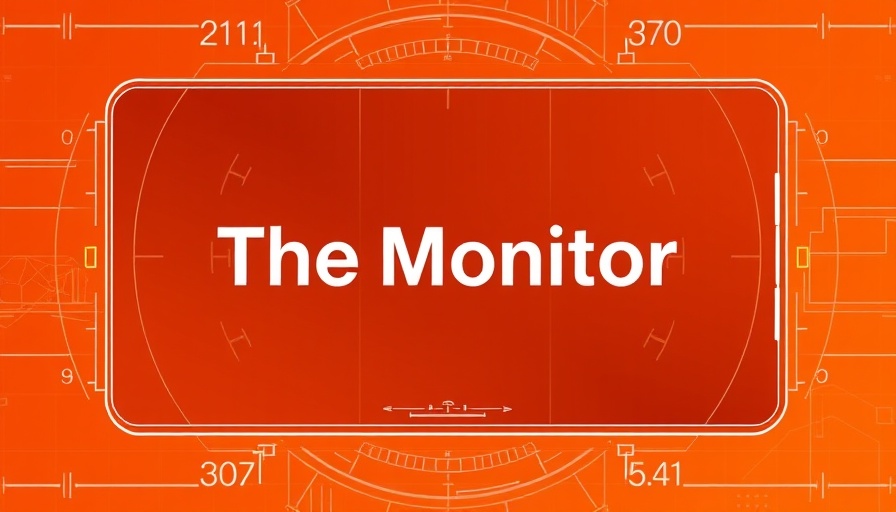
Understanding the Consequences of Misinformation in Health
The spread of misinformation in health rapidly undermines public trust, especially regarding vaccines and treatments. For instance, false claims about vaccines can discourage individuals from getting vaccinated, exacerbating public health crises. Amid an ongoing global pandemic, the implications of vaccine misinformation are particularly dire, as noted by research indicating that only 40% of vaccine-hesitant people trust social media as a reliable information source.
The Role of AI in Public Health Misinformation
As AI continues to evolve, it plays a significant role in content creation and dissemination. However, AI can sometimes generate hallucinations—statements that seem legitimate but are factually incorrect. This can contribute to the spread of false narratives around vaccine safety and efficacy. Recent studies emphasize how adopting improved prompting techniques when interacting with AI could help mitigate this issue, thereby ensuring that the information delivered is accurate and reliable.
Exploring the Complex Interplay of Health and Technology
Modern technologies have reshaped how health information is consumed. Experts believe more robust health guidelines and better-trained AI systems could revolutionize public health communication. These advancements emphasize transparency and promote informed health decisions, contributing to better wellness outcomes for individuals.
Dissecting the Claims of Hidden Cures
The assertion that certain industrial solvents can cure diseases amplifies the challenges of misinformation. Beliefs in hidden cures may stem from a lack of understanding of how effective treatments are developed and evidenced. This highlights the necessity for rigorous scientific communication to dismantle misleading health claims effectively.
The Future of Health Information: Enhancements and Predictions
Looking forward, it is crucial to develop better tools for detecting misinformation and fostering a more educated public. Encouraging users to critically evaluate health claims promotes resilience against falsehoods. Researchers suggest that designing user-friendly platforms that guide consumers through the maze of health information could enhance individual capabilities to discern credible sources.
Call to Action
As a community of suburban professionals committed to health and wellness, it's critical that you remain informed about the integrity of health information. Engage in discussions about the importance of accurate health data and share reliable sources within your network. Promoting a culture of factual verification could empower others to make healthier choices and revolutionize the perception of health-related knowledge.
 Add Row
Add Row  Add
Add 




Write A Comment